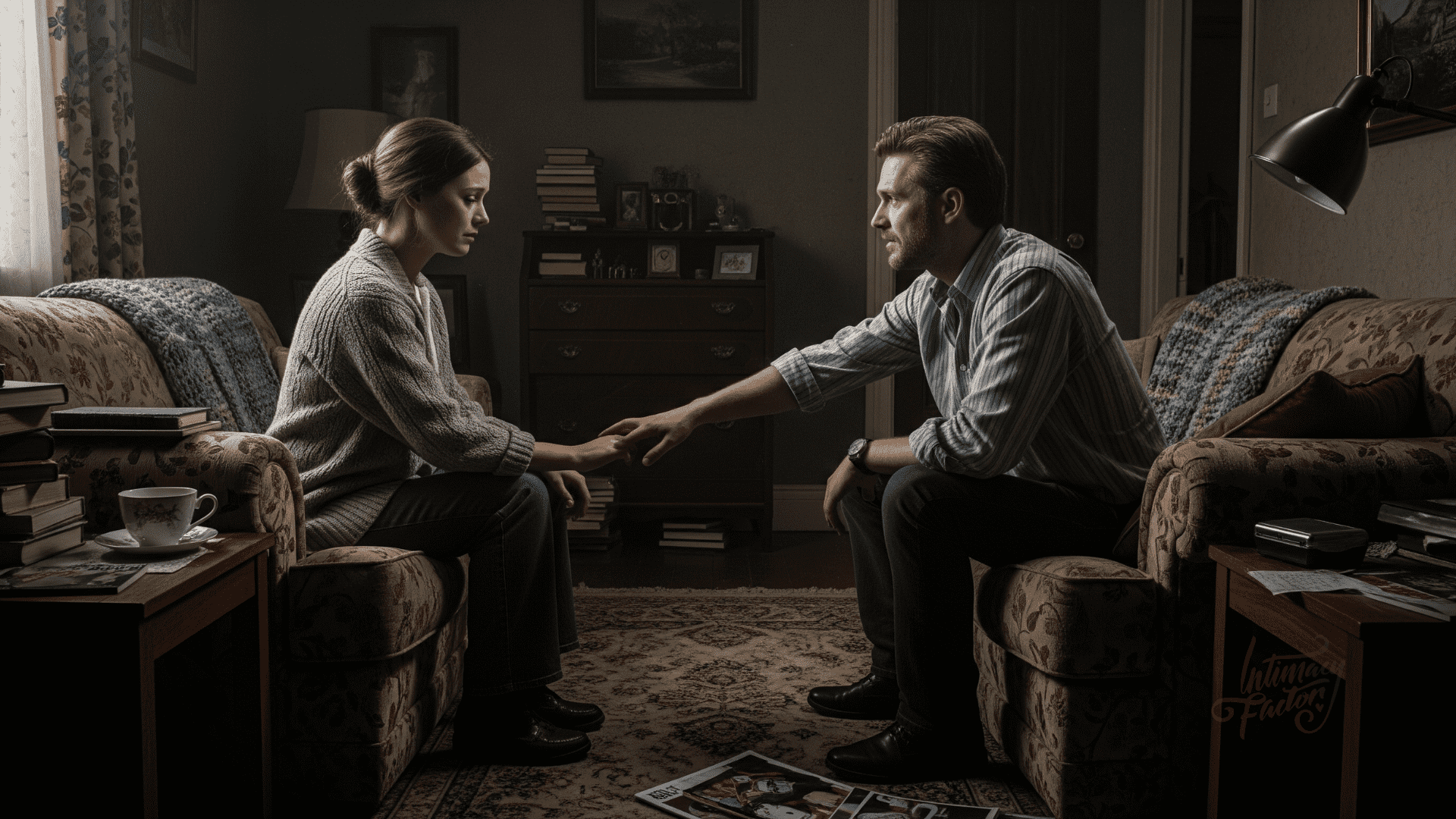Are You Losing Yourself in the Name of Love?

Love can feel like a safe home, a thrilling escape, or sometimes, a heavy burden. While most of us hope for stability and trust, not every relationship provides it. Some slowly drain our energy, others confuse us with mixed emotions, and some leave us doubting if love should really feel this hard.
Recognizing when love begins to take more than it gives is not easy. The signs are often subtle at first. Over time, you might find yourself wondering whether the relationship helps you grow or slowly pulls you away from who you are.
Let’s explore the four kinds of relationships that many people experience in silence: fake relationships, forbidden love, friendships that turn romantic, and second-chance romances. Each can bring moments of hope and beauty, but each also comes with struggles that test your sense of self.
When Love Becomes More Show Than Substance
Almost every relationship feels promising in the beginning. There is excitement and comfort, and the belief that something meaningful is being built. But in a fake relationship, what you see does not match what you feel. It may look perfect on the outside, with smiling photos and affectionate gestures, yet inside it feels hollow.
Sometimes people stay in these relationships because they fear being alone. Others convince themselves that love will grow if they just give it time. The truth is that being with someone who is physically present but emotionally absent is one of the loneliest places to be. If you have ever felt loved only when you are agreeable or silent, you know the emptiness it can leave behind.
The Ache of Forbidden Love
Forbidden love is often romanticized in films and novels, but in reality it usually brings more ache than bliss. At first, the secrecy can feel thrilling, and the intensity can make the connection seem irresistible. Yet beneath the surface lies a constant weight of guilt and fear.
When a relationship must remain hidden, you may find yourself living in two different worlds. In private, the love feels real and alive. In public, you must pretend it does not exist. That split creates anxiety and can wear down even the strongest bond. The very love that feels so powerful in secret can begin to leave you exhausted in everyday life.
You might also connect with How Love Can Quietly Erase Your Identity, which explores how relationships can strip away your sense of self without you noticing.
From Friends to Lovers
Friendship is often seen as the strongest foundation for love. When romance grows from a bond that already holds trust, humor, and shared history, it can feel like the safest and most natural path forward. Many couples who start as friends describe their relationships as deeply grounded and fulfilling.
Yet the shift is not always simple. Once a friendship crosses into romance, things change permanently. If the feelings are mutual, the relationship can blossom in ways that feel rare and steady. If they are not, the friendship may never return to what it once was. Even when both people share the same feelings, there can be new pressure. Every conflict carries the risk of not only losing a partner but also losing a friend.
Trying Again After Letting Go
The idea of a second chance can be powerful. It allows us to believe that timing was the only problem before and that with maturity and growth, the relationship could finally work. Sometimes this is true. People do change. They learn to communicate better, to take responsibility, and to show up more fully. Reuniting under those circumstances can feel healing and affirming.
But second chances also carry risk. Old patterns may resurface in new ways. Arguments that once seemed resolved can return, and past hurts may never fully disappear. What feels comforting at first can sometimes keep you from moving forward to something healthier. A second chance can bring healing, but only if both people have truly grown.
The Emotional Cost
No matter which of these situations you find yourself in, the emotional toll is often heavy. You may feel drained, guilty, or confused. You might silence your needs for fear of losing the relationship. You may even start believing that wanting more makes you selfish. These struggles are difficult to speak about, which makes many people feel alone in them.
The truth is that you are not alone. These experiences are far more common than most people admit, and the emotions they stir, longing, fear, guilt, and hope, are deeply human. Acknowledging them is the first step toward change.
Reclaiming Yourself in Love
If you have ever wondered whether you are losing yourself in the name of love, that question is worth listening to. The very act of asking means you already sense that something feels off. Healthy love does not require you to hide or shrink. It does not silence your needs or ask you to give up your peace just to hold onto it.
Reclaiming yourself can mean speaking up, setting boundaries, or seeking the support of trusted friends. For some, it may mean letting go. It does not have to happen overnight, and it does not mean you must stop caring about the person. It simply means remembering that your worth is not tied to whether someone chooses you.
You deserve love that feels steady, kind, and honest. You deserve to feel whole within it, not chipped away over time. Healing does not require rushing or forcing yourself to move on before you are ready. It requires permission to value your own voice again.
So pause for a moment and ask yourself: is the love you are holding onto helping you grow, or is it quietly asking you to disappear?
ALSO READ:
10 Early Signs of Emotional Disconnection in Your Relationship and How to Fix It.
Just so you know: Some links on this blog are affiliate links. If you choose to make a purchase through them, I might earn a small commission, and it won't cost you anything extra. Your support makes a big difference and helps me continue to bring you valuable content.

I write about the unexpected, beautiful, and sometimes painful sides of love, dating, romance, breakups, intimacy, marriage, and everything in between. My goal? To help you spot the toxic, protect your peace, and never forget your worth.


